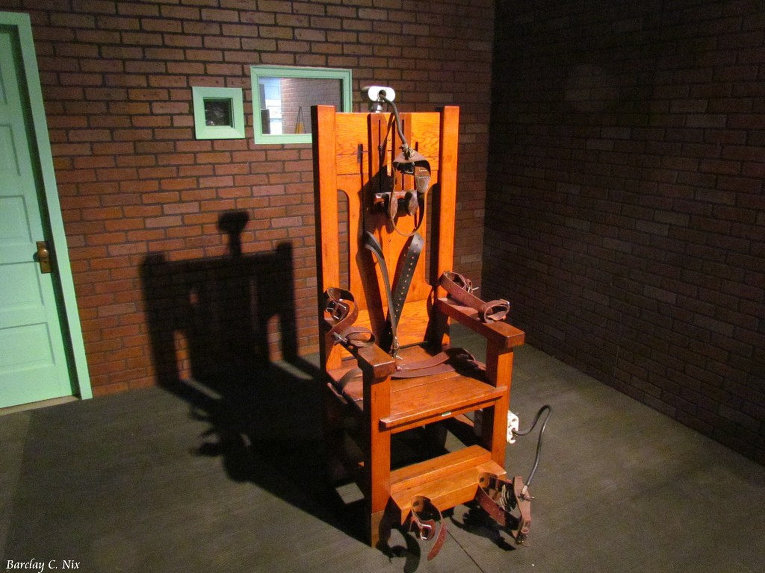MOSCOW, March 27 (RAPSI, Ingrid Burke) - Europe and Central Asia boasted zero capital punishments for the first time in four years in 2013, while global rates soared by 15%, and antiquated methods such as beheadings and crucifixions persevered in certain parts of the world, according to a report released by Amnesty International Wednesday.
Belarus is the last bastion of capital punishment in Europe and Central Asia. Although at least four death penalties were imposed in 2013, none were carried out during the course of the year.
China boasts the highest execution rates in the world, the report claims. While AI speculated that thousands were executed in the country in 2013, credible data could not be published as death penalty statistics are treated as state secrets by Chinese authorities.
“China continued to execute more people than the rest of the world put together, often after unfair trials and for non-lethal crimes, such as drug trafficking and economic offences,” AI asserts.
Iran and Iraq shoulder much of the blame for the global spike, accounting respectively for 369 and 169 executions in 2013.
"The virtual killing sprees we saw in countries like Iran and Iraq were shameful. But those states who cling to the death penalty are on the wrong side of history and are, in fact, growing more and more isolated," AI Secretary General Salil Shetty said in a statement.
Trailing behind Iran and Iraq are Saudi Arabia, which conducted 79 executions during the year; the US (39 executions); and Somalia (34 executions).
The report slammed Saudi Arabia’s use of such antediluvian execution methods as beheading and crucifixion.
“On 21 May, five Yemeni men were beheaded and ‘crucified’ in the city of Jizan [ed: on the southern coast of Saudi Arabia], in front of the local university where students were taking exams. Pictures on social media appeared to show five decapitated bodies hanging from a horizontal pole with their heads wrapped in bags hanging next to them,” the report explained.
The report reiterated the status of the US as the only member of the Organization for Security and Co-operation in Europe (OSCE) and the only country within the Americas to have carried out executions during the course of the year.
A formal moratorium on the death penalty has remained in place in Russia since 1996. While the final steps have not been taken to legally abolish capital punishment, “Russia expressed its opinion that the decision of the Constitutional Court in 2009 to extend the moratorium on the death penalty in essence finalized the legal ban on such punishment in Russia,” the report states.
With regard to Russia, the report noted that various high-profile tragedies, such as the series of bombings in Volgograd, prompted certain lawmakers and other high-ranking officials to advocate for a reinstatement of the death penalty.
AI notes that others have resisted the call, including State Duma Speaker Sergey Naryshkin and former Human Rights Ombudsman Vladimir Lukin.
Russian President Vladimir Putin said in April: “The death penalty issue has long been debated in society. You know, sometimes when you hear about [heinous crimes], it seems logical to reach for a pen and sign some documents aimed at the return of the death penalty, or to ask State Duma deputies to do it. But you have to talk with criminology experts. They believe that the toughening of punishment in itself does not lead to a decrease in crime.”



